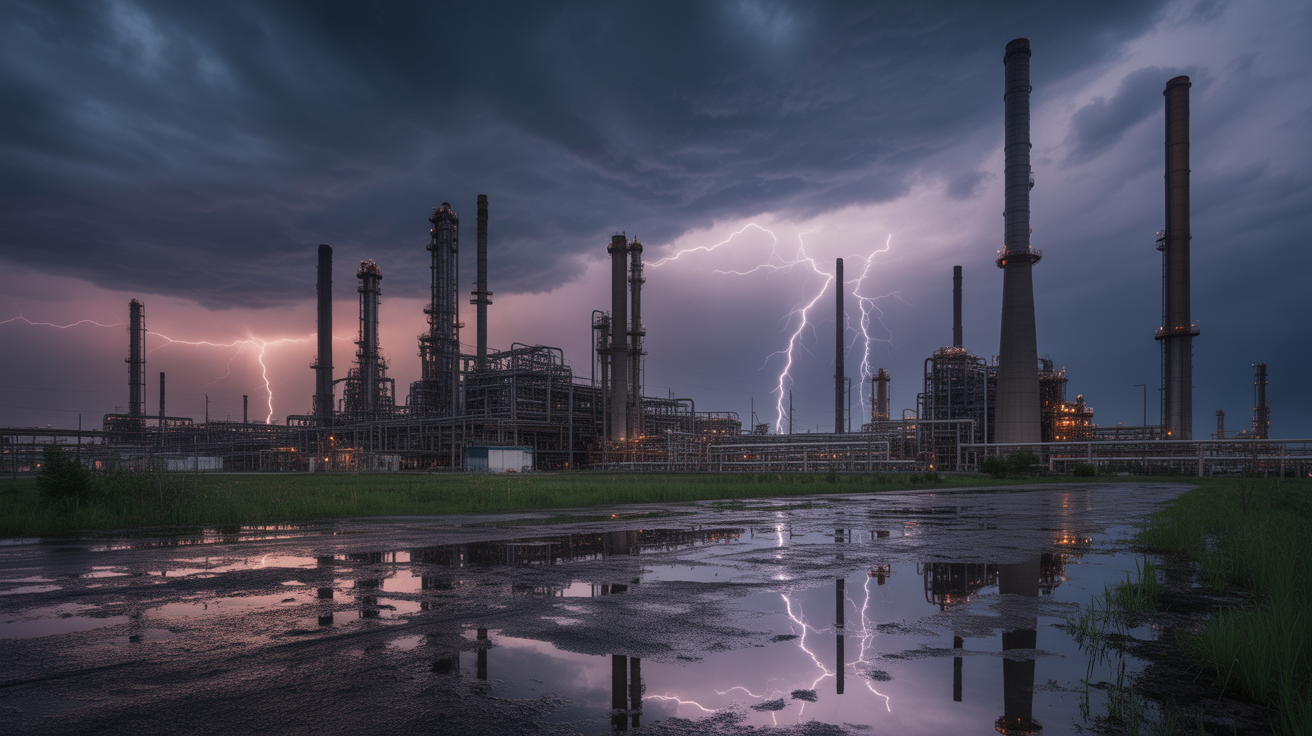
Factors Influencing Recent Price Increases
Several recent events have contributed to the rise in gas prices. Notably, a severe thunderstorm caused a temporary shutdown of the largest refinery in the Midwest. Refineries play a crucial role in converting crude oil into usable gasoline, and even a short-term closure can ripple through the supply chain, creating temporary shortages and pushing prices higher.
Beyond weather-related disruptions, gas prices are influenced by global factors such as crude oil supply, geopolitical tensions, and international demand. For example, conflicts in oil-producing regions, production cuts by OPEC countries, or rising global demand can increase the cost of crude oil, which is the primary ingredient in gasoline. Local factors, like transportation issues or regional refinery problems, further compound these effects.
It’s also worth noting that gas prices are seasonal. During summer, driving typically increases due to vacations and road trips, driving up demand. Conversely, as fall approaches, demand generally declines, which can ease pressure on prices.














